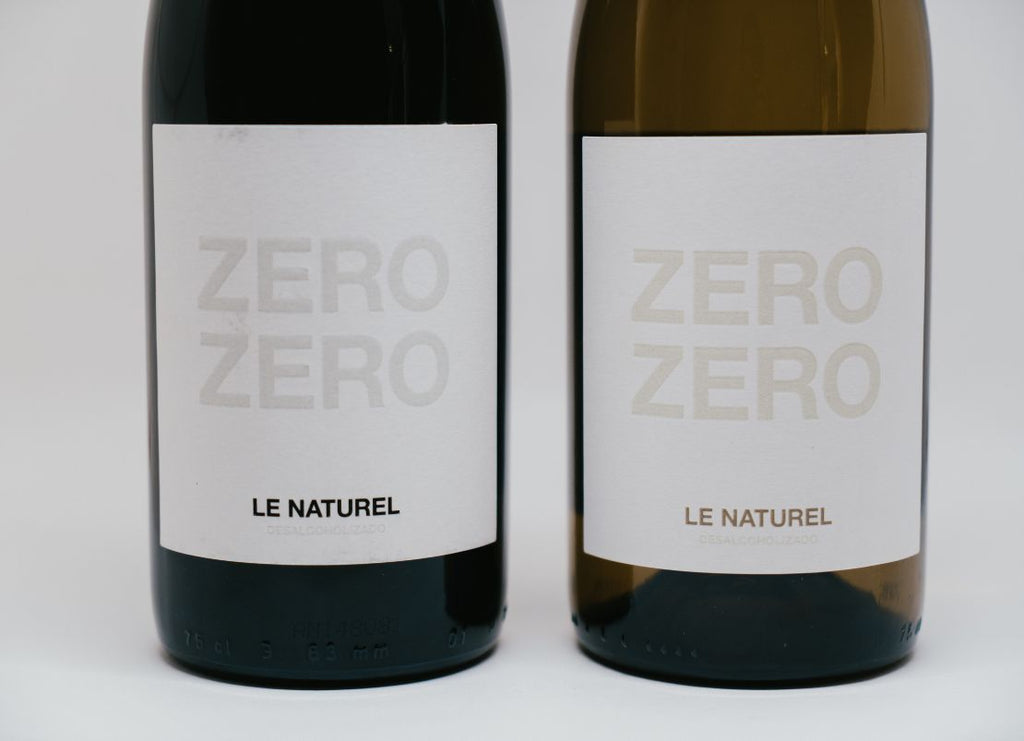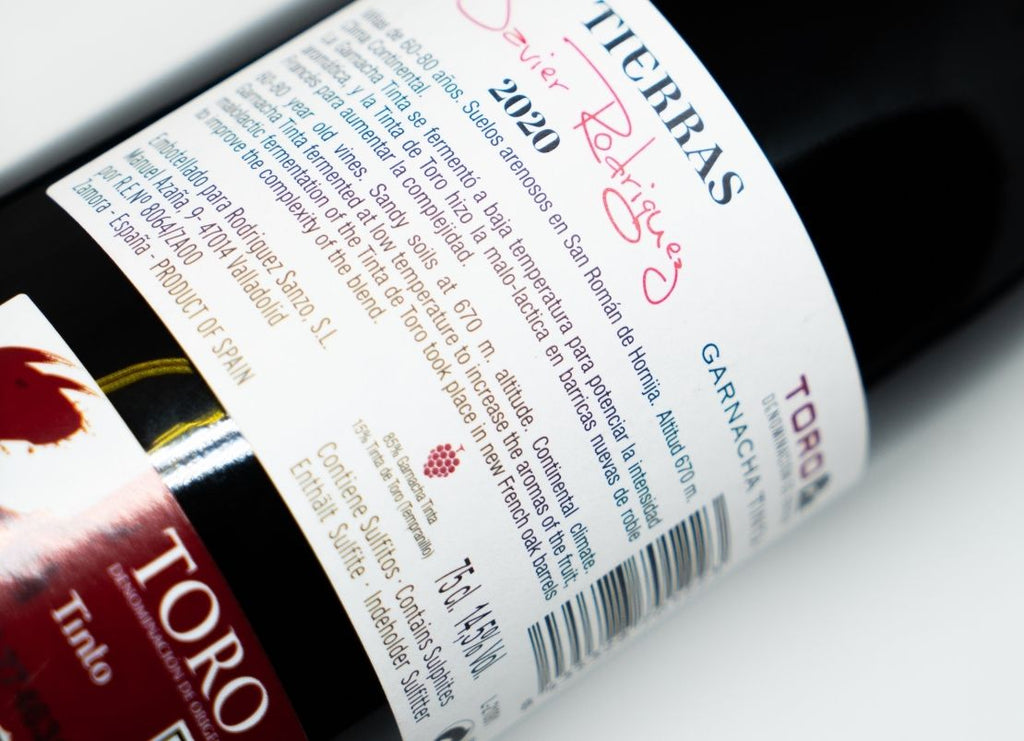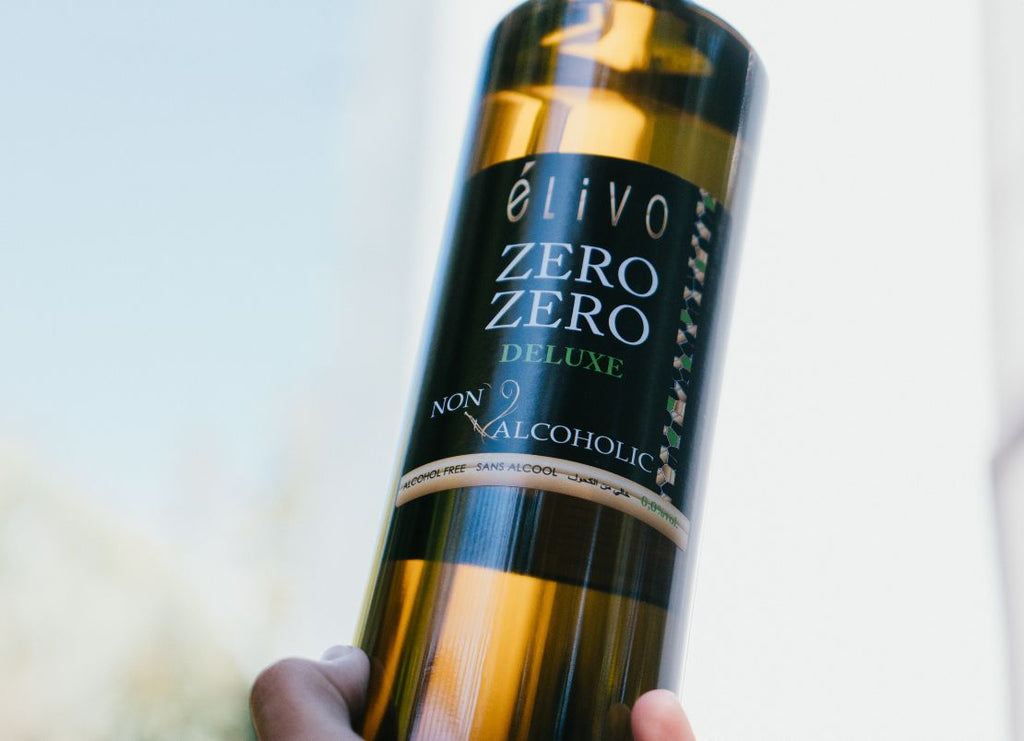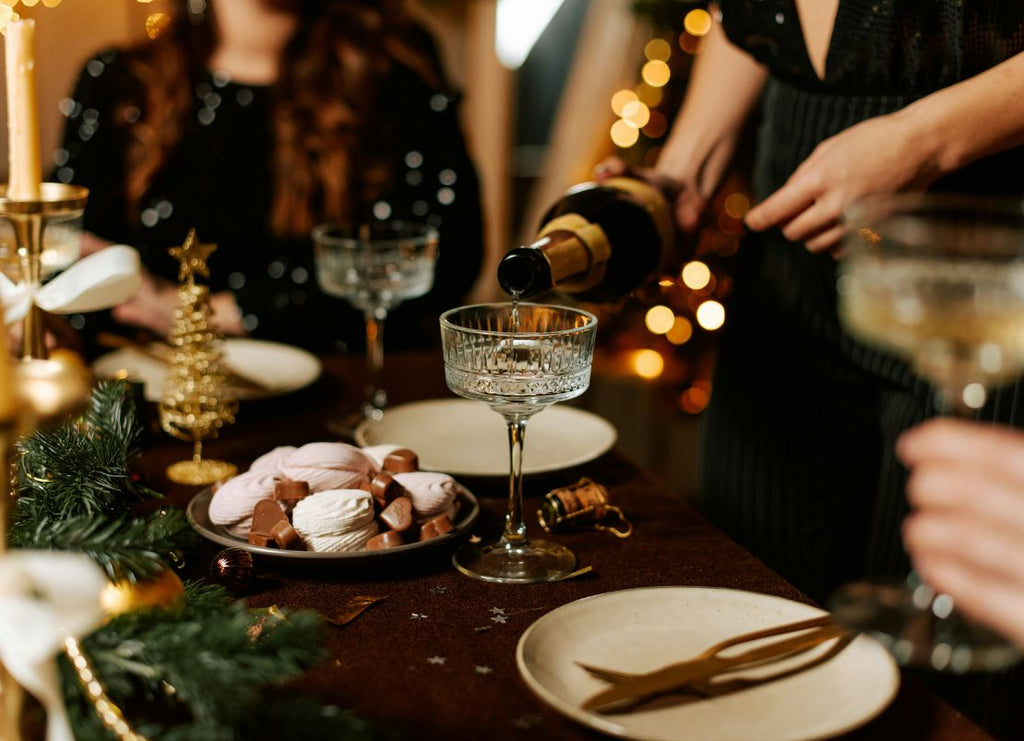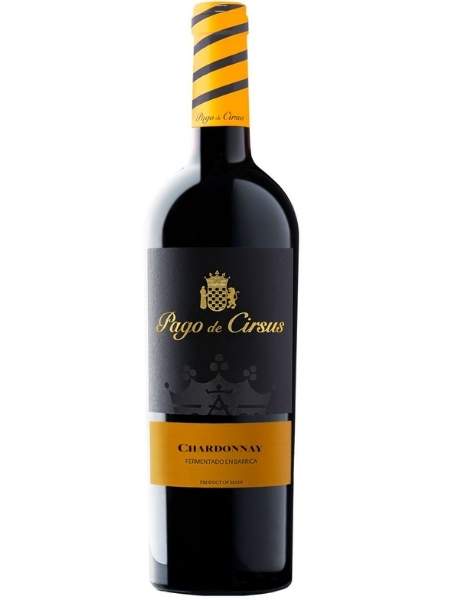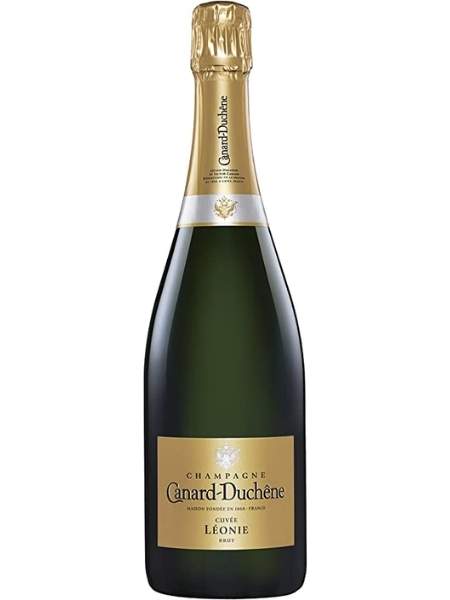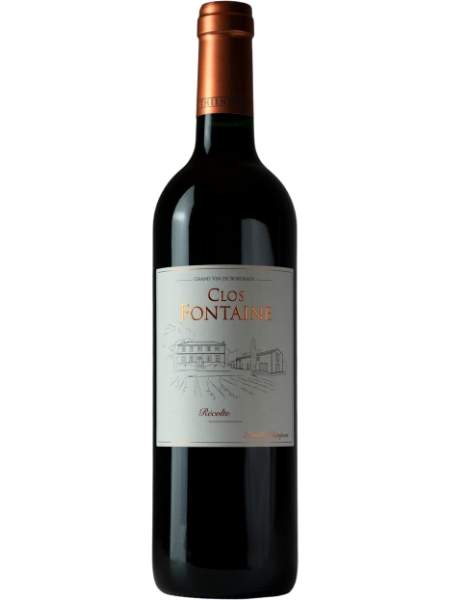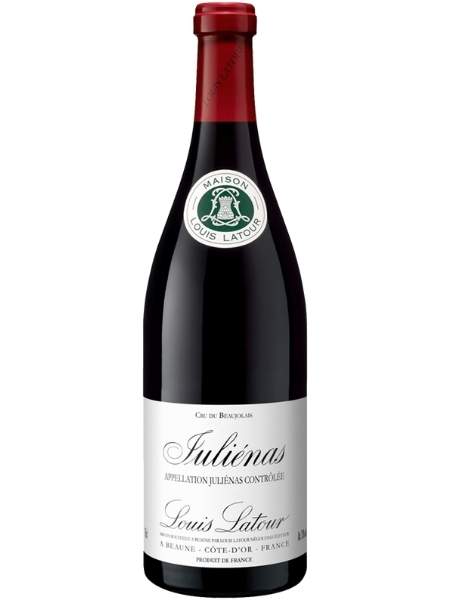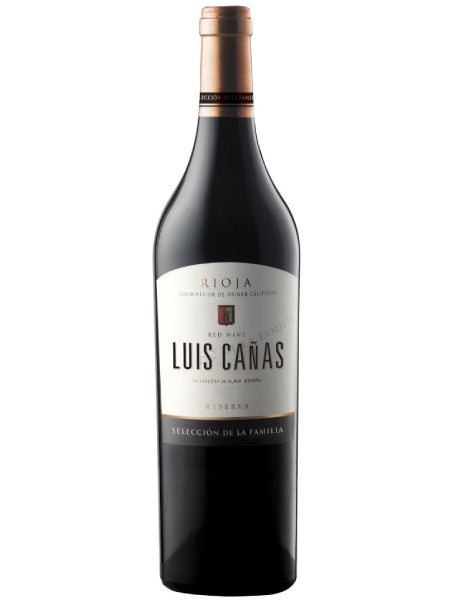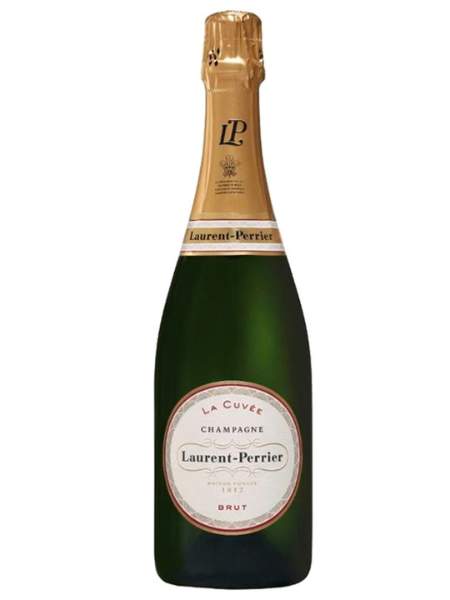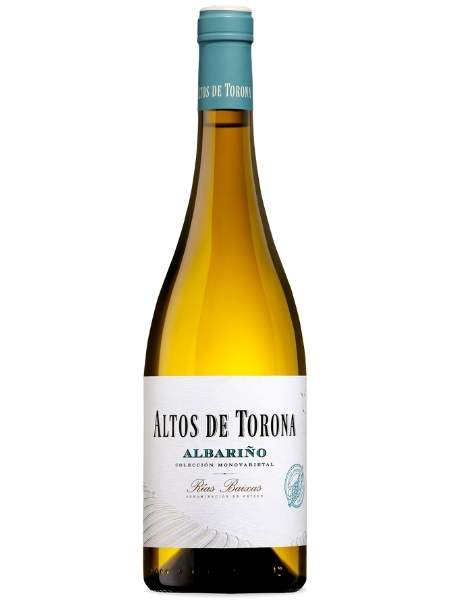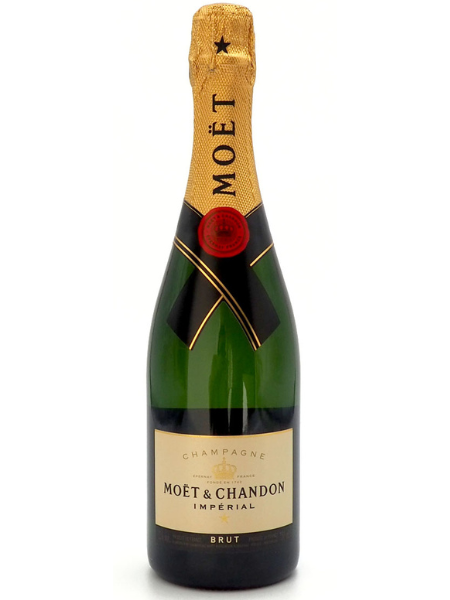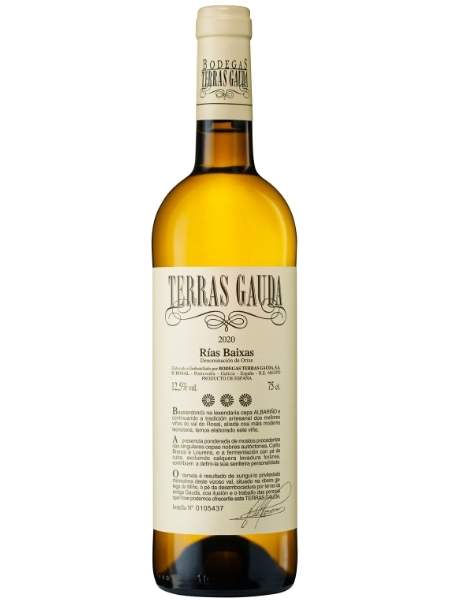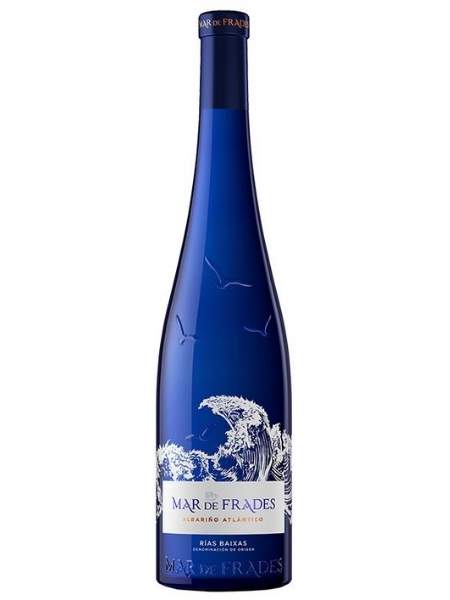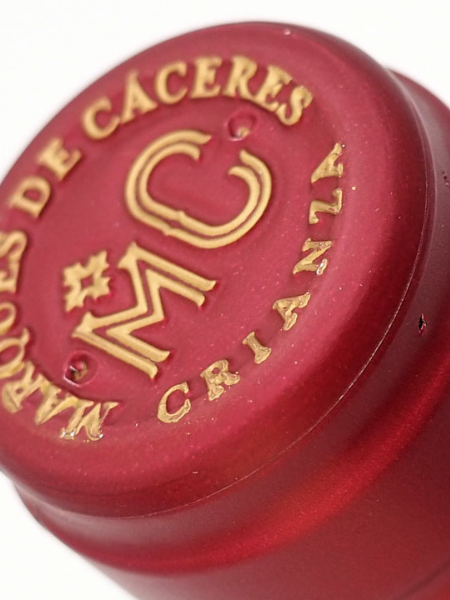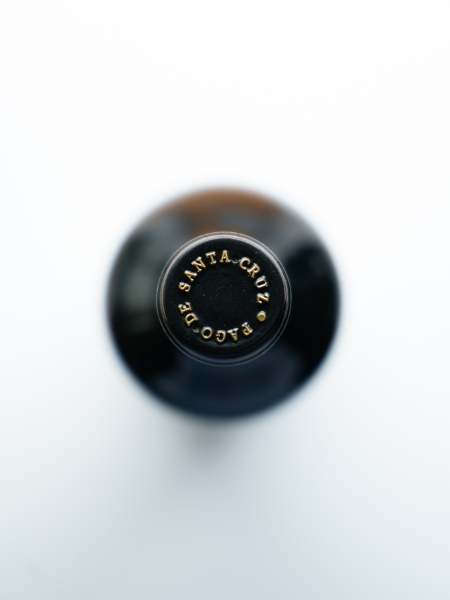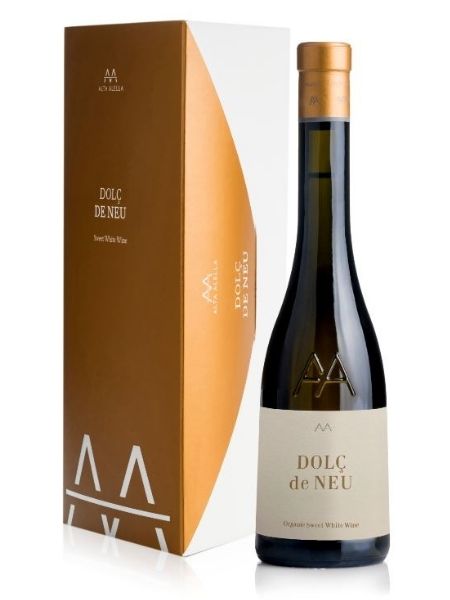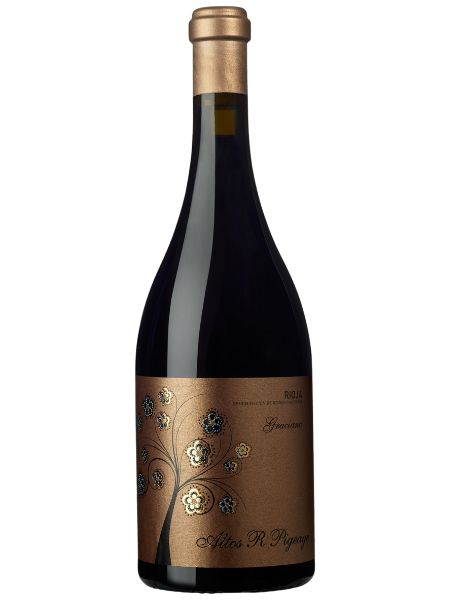
The Key Elements That Define a Wine's Personality

Wine is more than just a drink; it's an experience, an art form, and a reflection of its origins. For wine lovers and enthusiasts, understanding what defines a wine's personality can greatly enhance the enjoyment and appreciation of each sip. In this blog post, we'll explore the essential elements that contribute to a wine's unique character. Whether you're looking to buy wine online or simply learn more about your favourite bottle, this guide will provide you with valuable insights.
1. Grape Variety
The grape variety is perhaps the most fundamental element in defining a wine's personality. Different grape varieties possess distinctive flavours, aromas, and textures. For example:
Cabernet Sauvignon is known for its bold, full-bodied flavour with notes of dark fruit, tobacco, and oak.
Chardonnay offers a diverse range of flavours, from crisp green apple and citrus to rich, buttery vanilla, depending on its style and production methods.
Pinot Noir is celebrated for its light to medium body, with delicate notes of red fruit, earthy undertones, and floral aromas.
2. Terroir
Terroir refers to the unique combination of soil, climate, and topography where the grapes are grown. It deeply influences the wine's characteristics. For instance:
Bordeaux, France produces wines with a complex blend of flavours, thanks to its gravelly soils and temperate climate.
Napa Valley, California is renowned for its warm climate and diverse soils, which contribute to the rich, robust flavours of its Cabernet Sauvignon.
Marlborough, New Zealand is famous for its Sauvignon Blanc, which exhibits vibrant, zesty citrus and tropical fruit notes due to the region's cool climate and fertile soil.
3. Winemaking Techniques
The methods employed by winemakers also play a crucial role in shaping a wine's personality. Key techniques include:
Fermentation: The choice of fermentation vessels (stainless steel, oak barrels, etc.) and fermentation temperature can impact the wine's flavour and texture.
Aging: Aging wine in oak barrels can add complexity, introducing notes of vanilla, spice, and toast. On the other hand, stainless steel tanks preserve the wine's fresh, fruity characteristics.
Blending: Combining different grape varieties or wine batches allows winemakers to create a balanced and harmonious final product.
4. Vintage
The vintage, or the year the grapes were harvested, affects the wine's overall quality and flavour profile. Factors such as weather conditions and growing season length can vary each year, influencing the grapes' ripeness and sugar levels. For example:
A warm, sunny growing season may result in riper, more concentrated flavours, as seen in the 2010 Bordeaux vintage.
Cooler, wetter conditions can lead to lighter, more acidic wines, as observed in the 2011 Burgundy vintage.
5. Aroma and Flavour Profile
A wine's aroma and flavour are integral to its personality. These characteristics are derived from the grape variety, terroir, and winemaking techniques. Common aroma and flavour descriptors include:
Fruit (e.g., blackberries, cherries, apples, citrus)
Floral (e.g., rose, violet, honeysuckle)
Herbal and Spicy (e.g., mint, eucalyptus, black pepper)
Earthy (e.g., forest floor, mushrooms, wet stones)
6. Body and Texture
The body and texture of a wine contribute to its mouthfeel and overall drinking experience. Factors such as alcohol content, tannin levels, and acidity influence these aspects:
Light-bodied wines (e.g., Pinot Grigio, Riesling) are typically lower in alcohol and have a crisp, refreshing mouthfeel.
Medium-bodied wines (e.g., Merlot, Zinfandel) strike a balance between light and heavy, offering smooth and rounded textures.
Full-bodied wines (e.g., Cabernet Sauvignon, Syrah) are higher in alcohol and tannins, providing a rich, robust mouthfeel.
Conclusion
Understanding the key elements that define a wine's personality can elevate your appreciation and enjoyment of every bottle. Whether you're exploring new wines or sticking to your favourites, consider these factors when making your next purchase from the best online wine shops. If you're ready to take your wine experience to the next level, check out our extensive selection of premium wines online. From classic varietals to unique blends, our online wine store has something for every palate.
Learn more about our wine selections and start your wine journey today!
Happy tasting!

